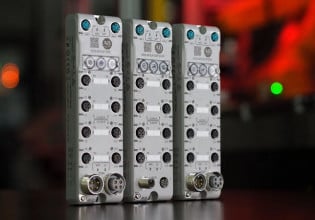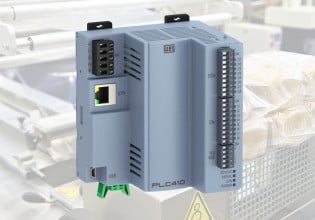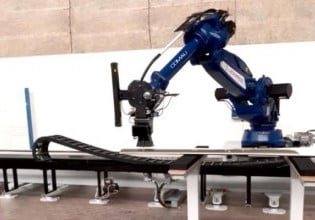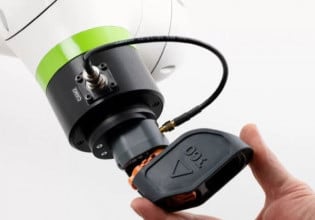P
I'am looking for a best way for the concentration measurement of Ca(OH)2(15%)
and CaSO4(30-40%), Density or pH is maybe one of the choices, any others? and also looking for the meter manufactory which can provide such application?
someone can help me?
and CaSO4(30-40%), Density or pH is maybe one of the choices, any others? and also looking for the meter manufactory which can provide such application?
someone can help me?






